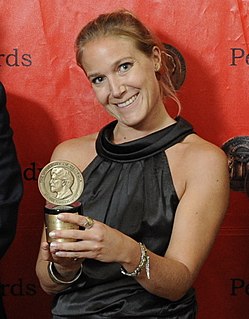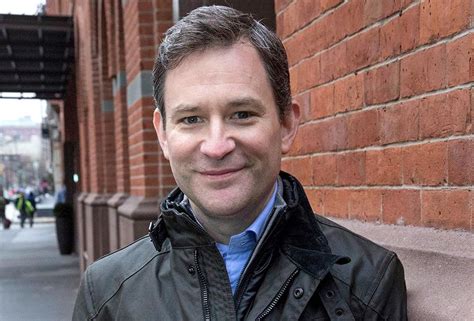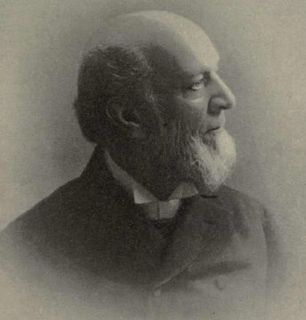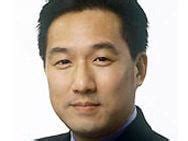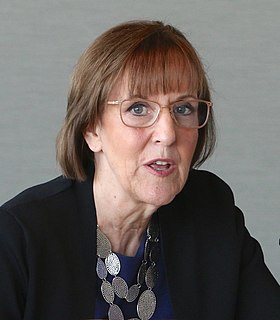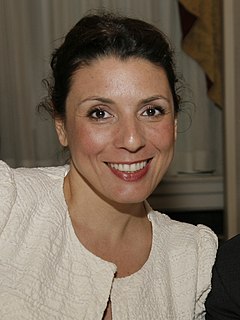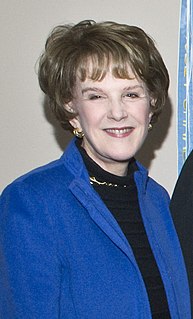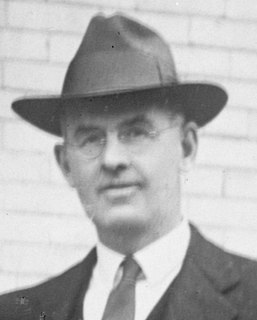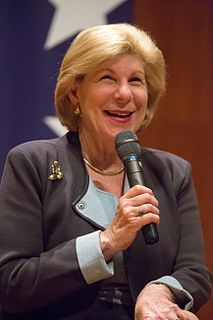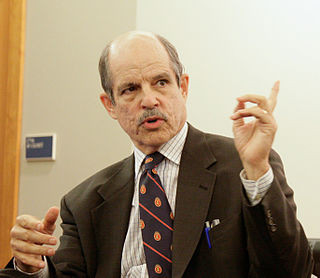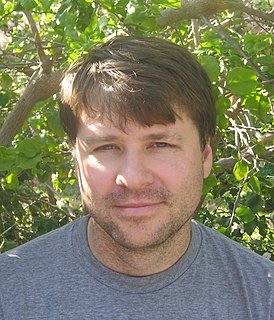Top 9 Quotes & Sayings by Hans Morgenthau
Explore popular quotes and sayings by an American correspondent Hans Morgenthau.
Last updated on September 18, 2024.
Political realism is aware of the moral significance of political action. It is also aware of the ineluctable tension between the moral command and the requirements of successful political action. And it is unwilling to gloss over and obliterate that tension and thus to obfuscate both the moral and the political issue by making it appear as though the stark facts of politics were morally more satisfying than they actually are, and the moral law less exacting than it actually is.

